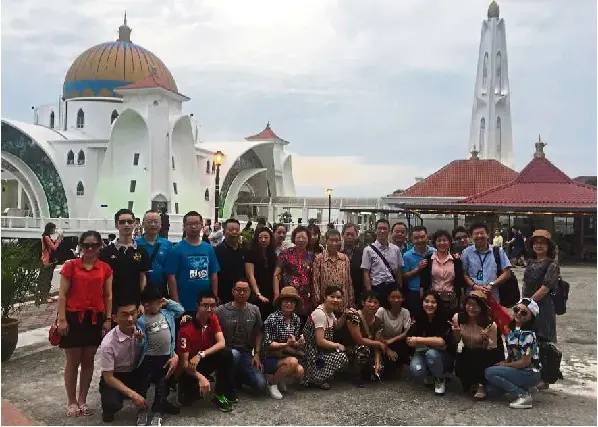 |
Why are protests in Hong Kong turning violent?
https://youtu.be/7bsGhfV3qmM
https://youtu.be/NL_6OpUMou8
FM Spokeswoman Refutes FBI Chief's Fallacy
https://youtu.be/OWx9O-YNXY0
Mike Pompeo, US Secretary of State, who was once the intelligence chief of the U.S., bluntly
stated in a public speech in April that 'we lie, cheat and steal, and
this is the glory of experiment of America.'
https://youtu.be/bfnn6Vwtseg
China said on Tuesday (July 24) that US officials were behind the violent chaos in Hong Kong and warned against interference, following a series of protests in the city, including bloody clashes on the weekend.
“We can see that US officials are even behind such incidents,” said Chinese Foreign Ministry spokesman Hua Chunying at a regular press briefing on Tuesday.
She was referring to violence related to weeks of protests spearheaded by pro-democracy activists against a Bill that would allow people to be extradited from the city to stand trial in courts in mainland China.
“So can the officials tell the world what role did they play and what are their aims?” Hua asked.
On Sunday, groups of men in white T-shirts, who opposition politicians suspect were linked to Hong Kong criminal gangs, assaulted some pro-democracy protesters, after some protesters had vandalised Beijing’s main office in the city.
Hua, asked about criticism of violence by the United States and Hong Kong’s former colonial ruler, Britain, said China would not tolerate any interference.
“The US should know one thing, that Hong Kong is China’s Hong Kong, and we do not allow any foreign interference,” she said. “We advise the US to withdraw their black hands.”
On Monday, a British junior foreign minister said Britain “will be keeping a close eye” on Hong Kong leader Carrie Lam’s investigation into the vicious assault on pro-democracy protesters.
“I welcome Carrie Lam’s statement today saying she has asked the Commissioner of Police to investigate this incident fully and pursue any lawbreakers,” Andrew Murrison told the House of Commons.
Britain, which signed a treaty handing over control of the territory to China in 1997, “remains fully committed to upholding Hong Kong’s high degree of autonomy, rights and freedoms”, he added.
Earlier this month, the US State Department urged all sides in Hong Kong to avoid violence after protesters ransacked the territory’s Parliament on the anniversary of its handover to China.
Following that episode, US President Donald Trump said that the protesters who stormed Hong Kong’s Parliament wanted democracy for the semi-autonomous territory.
“Well, they are looking for democracy, and I think most people want democracy. Unfortunately, some governments don’t want democracy,” Mr Trump told reporters at the White House on July 1.
But on Monday, he praised Beijing’s handling of the protests, saying he believed Chinese President Xi Jinping has acted responsibly.
"I know that that’s a very important situation for President Xi,” Trump said, adding that “China could stop them if they wanted”.
“I think that President Xi of China has acted responsibly, very responsibly,” Trump told reporters. “I hope that President Xi will do the right thing.”.
Hong Kong, a global financial hub, returned to Chinese rule in 1997 under a “one country, two systems” formula that allows freedoms not enjoyed in the mainland, including freedom to protest and an independent judiciary. .
But many in Hong Kong resent what they see as Beijing’s creeping control and its refusal to let its residents directly elect their leader. .
China denies interfering in Hong Kong and has warned that the violent protests over the proposed legislation allowing extraditions to mainland China were an “undisguised challenge”to the formula under which it is ruled. - (Straits Times, REUTERS, AFP)
Source link
Read more:
China: Wolf Or Golden Goose To Malaysia?
 One of the fastest-growing inbound tourism markets in the world today is China. the Malaysian government should do more to welcome Chinese tourists as their spending
One of the fastest-growing inbound tourism markets in the world today is China. the Malaysian government should do more to welcome Chinese tourists as their spending

Chinese troops can be deployed to restore order in Hong Kong, says Beijing
in warning to protesters The Straits Times
Chinese troops can be deployed to restore order in Hong Kong, says Beijing in warning to protesters The Straits Times
Related posts:
Hong Kong's social problems stem from British rule, faces risk of Beijing rule as UK's ‘toothless threat’ against China
A destiny tied to China - Tackling it the British way

China-Hong Kong union needs sense of inclusion





